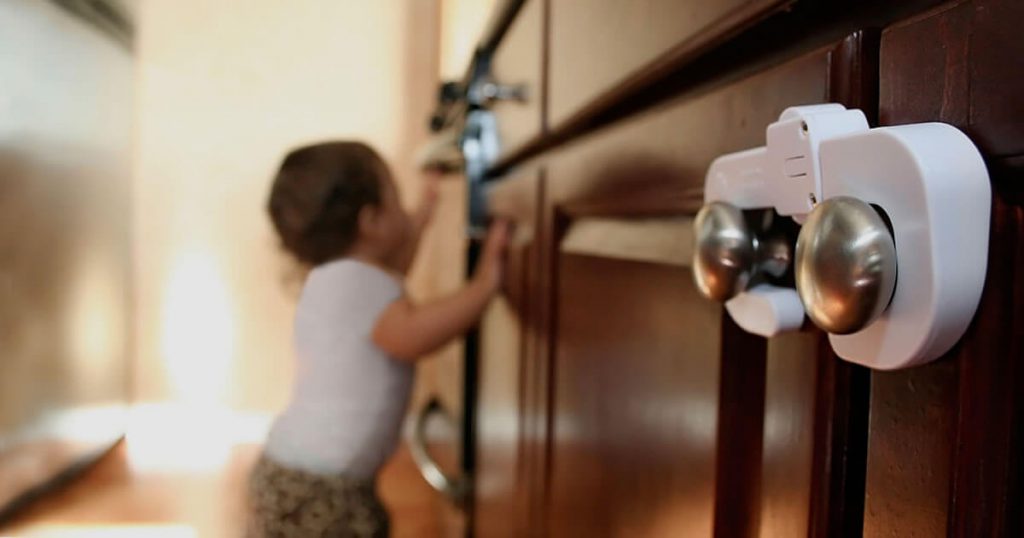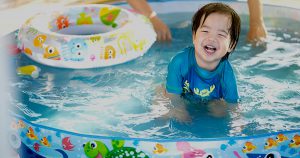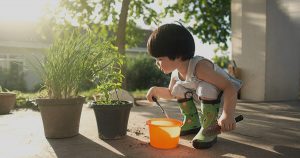Preventing Toddler Accidents

Toddlers are especially accident-prone, given their combination of high energy, inquisitiveness, and lack of experience. Your own bright-eyed toddler may not yet fully grasp the concept of danger. As she grows up, schooltimes and various other activities mean she will not always be within sight. It is up to you to educate her on safety.
Create a safe environment
Go around your house and try to see it from your toddler’s point of view. Work with the assumption that if she can reach something, she will play with it or even put it in her mouth. Block off spare electrical outlets. Keep dangerous kitchen utensils out of reach. Place rubber guards on sharp furniture corners. Even things like mothballs or uncovered air fresheners can be dangerous.
Anticipate the dangers
While it is impossible to cover every safety topic, there are some safety issues that are common and dangerous and should be taught at a young age.
- Road safety knowledge, such as not playing by the roadside and looking both ways before crossing.
- Avoid talking to strangers, or going to deserted places alone.
- Fire hazards and what it can do.
- Household appliance safety.
Get her involved
Telling her about the dangers alone might not be sufficient. Where possible, provide multimedia material to convey the lesson. Videos about road safety, dangers of fire, etc. And, where appropriate, take it a step further and put her in charge of her own safety. Bring her to meet your local fireman or police officer during open house events. You can even assign her to be the ‘fire warden’ or ‘safety inspector’ on duty. This will encourage her to actively identify potential hazards and memorise emergency drills.
There are many ways to impart safety awareness. It is best to adapt to your child’s learning preference and interests to make sure she internalises the lesson.




